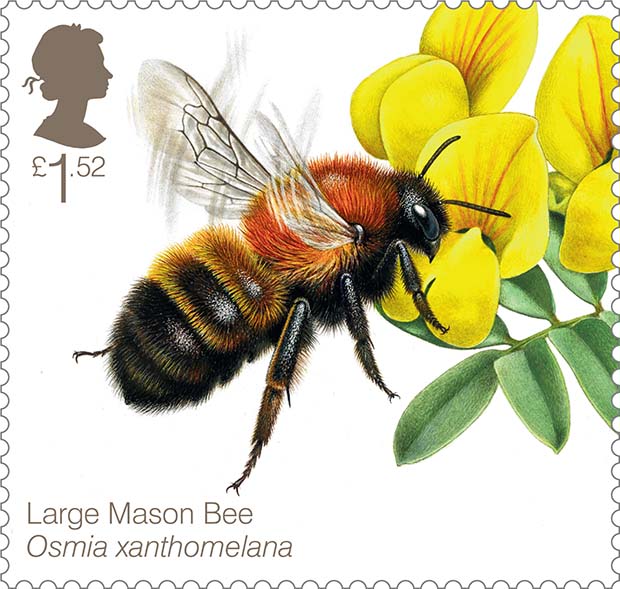Using a fully crossed experiment, the influence of dietary exposure to neonicotinoid insecticides (thiamethoxam and clothianidin) and/or the prevalent bumblebee parasite Crithidia bombi on hibernation survival and hibernation weight change of Bombus terrestris bumblebee queens was investigated. Both neonicotinoid and C. bombi exposures reduced hibernation success individually, but no additive or synergistic effects between the stressors were found. Further, effects were asynchronous, with early neonicotinoid effects on hibernation mortality overriding later parasite effects under combined exposures. Neonicotinoid exposure also increased hibernation weight loss of surviving queens. Diapause periods, employed by numerous temperate organisms, are likely to be especially vulnerable to environmental stresses, besides the seasonal challenge for which these periods are an adaptation. Thus, diapause requires inclusion during the consideration of the impacts of such stresses. Accordingly, it is demonstrated here that naturally relevant exposures of pesticides and parasites have important detrimental effects on bumblebees during a critical hibernation period, with potential consequences for populations of these key wild pollinators.
Source: Fauser A et al. Ecological Entomology (2017), DOI: 10.1111/een.12385

- Login om te reageren
